SRFSI - The West
Bengal Story
West Bengal has the sixth largest economy in India and a population of over 90 million people who depend on agriculture for food security and livelihoods. Traditionally, productivity is low and most people live below the poverty line. Conservation agriculture-based approaches are helping change the situation.
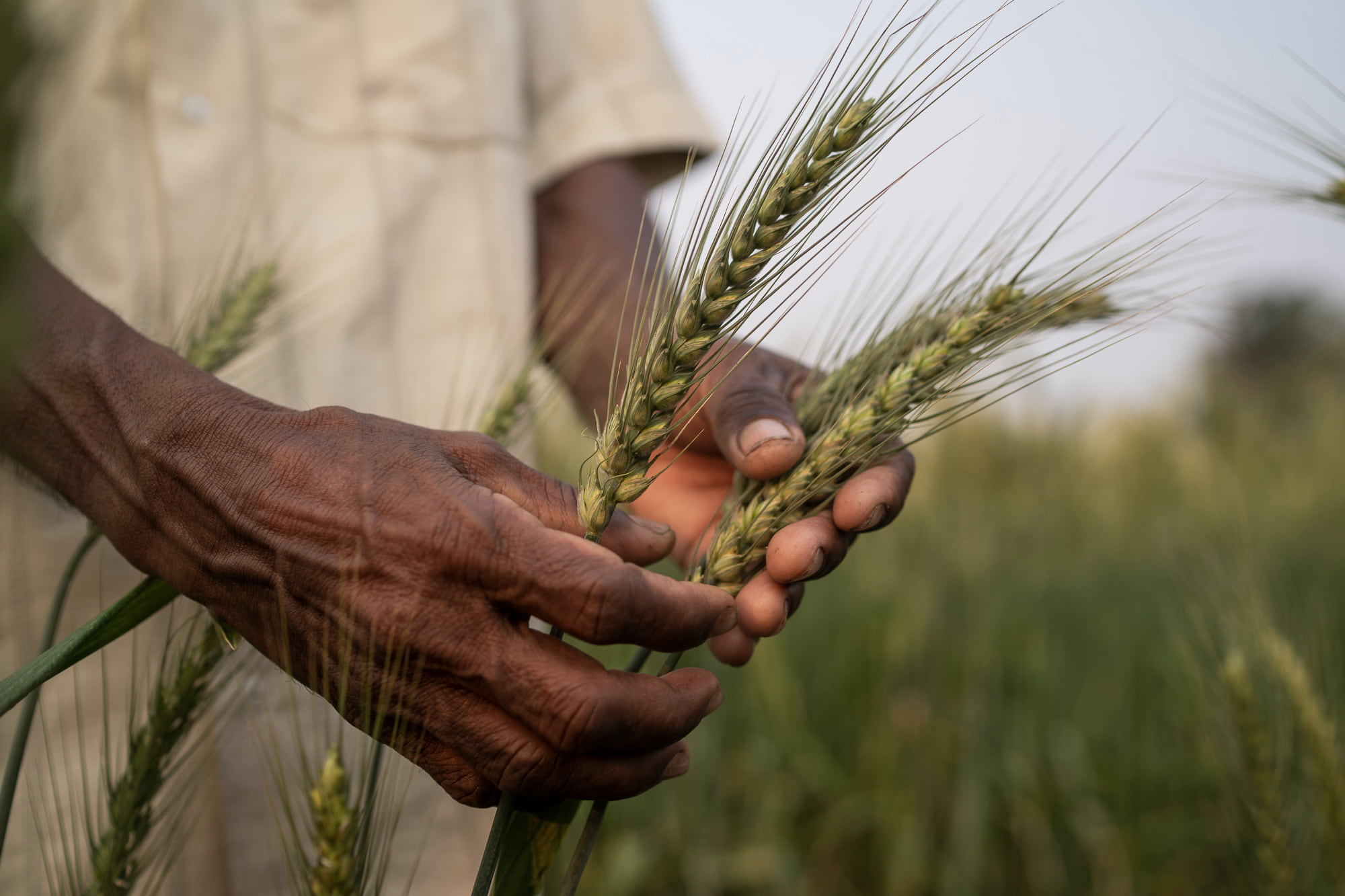
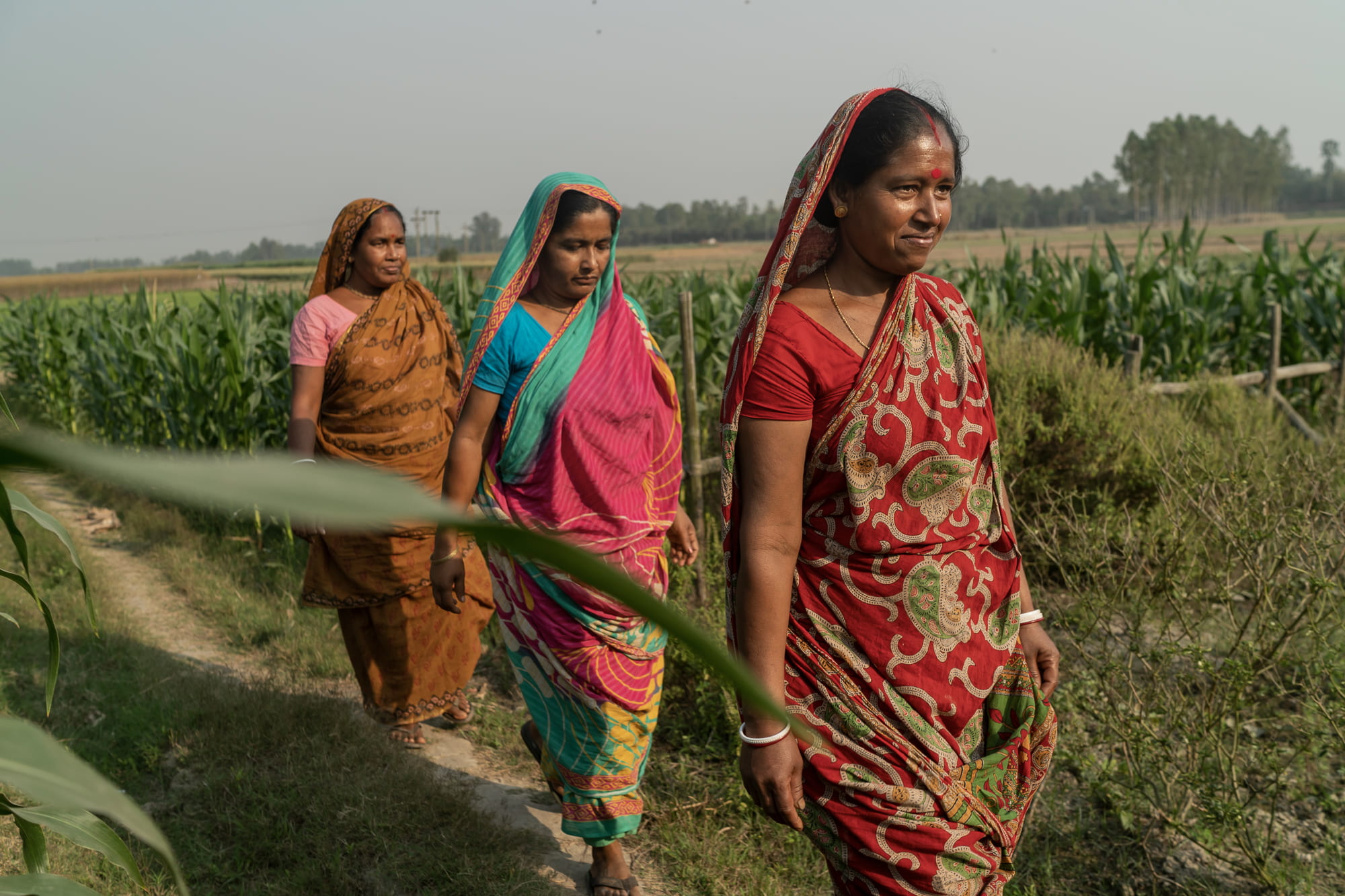
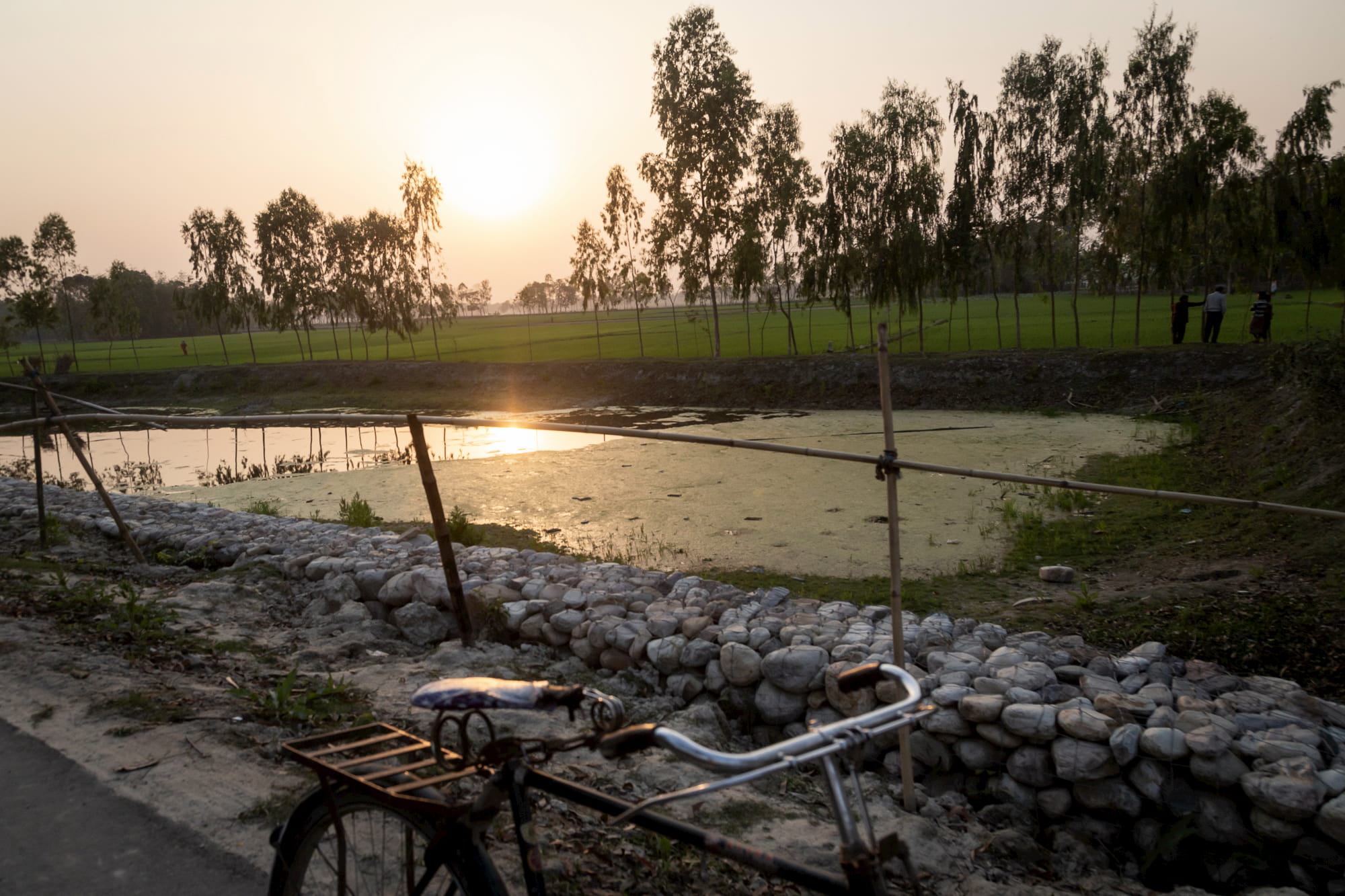
Since 2014, the ACIAR and CIMMYT project on Sustainable and Resilient Farming Systems Intensification (SRFSI) in the Eastern Gangetic Plains has promoted conservation agriculture and sustainable intensification practices (CASI) to make farming more profitable and climate resilient for small farm holders, especially women. ACIAR’s work, funded through DFAT’s Sustainable Development Investment Portfolio (SDIP), is contributing to much needed changes to the agricultural sector.
SRFSI is implemented in partnership with the International Maize and Wheat Improvement Centre (CIMMYT), the Uttar Banga Krishi Vishwavidhyalal University (UBKV) and West Bengal’s Department of Agriculture, in partnership with several key Farmer Producer Organisations including the Satmile Satish Club.
These partners are key to reaching large numbers of farmers, and in promoting an inclusive approach to scaling sustainable agricultural production techniques. Together, this partnership has supported over 70,000 farmers in West Bengal to use CASI technologies.
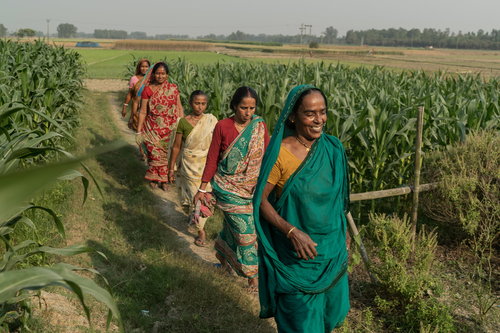
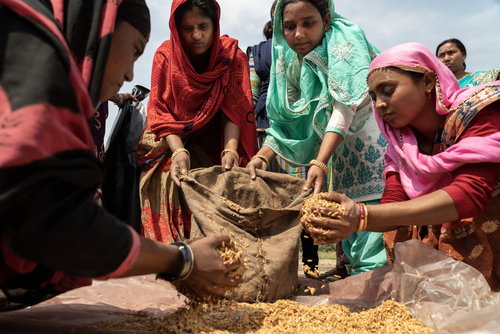
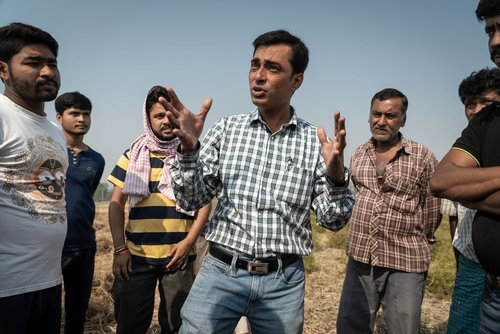
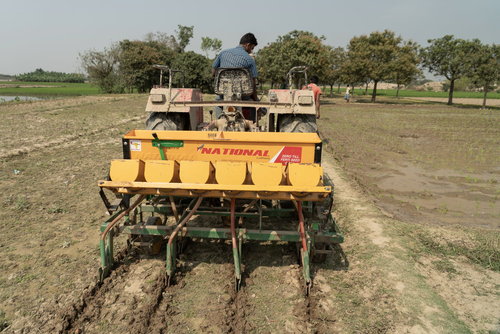
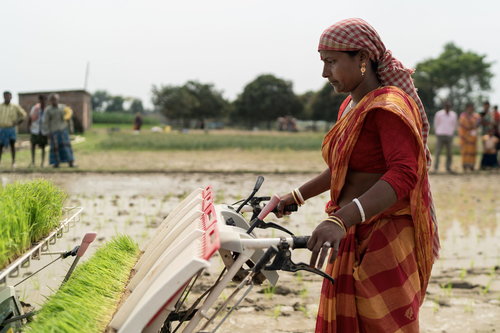
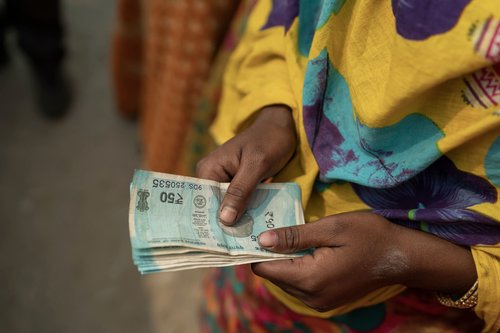
Mooni Bibi lives in Hawragari village, Cooch Behar District of West Bengal and for most of her life she has worked as a farm labourer. In the past few years Mooni Bibi ands other women from her community have formed the Mukta Self Help Group and through the SRFSI project were introduced to the new business opportunity of producing rice seedlings for use in mechanical rice transplanters.
SRFSI has had a strong emphasis of meaningfully engaging female farmers. Women farmers said rice seedling cultivation is contributing an additional INR 10,000 – 12,000 (AUD $200 – $250) per month to their incomes, bringing improved health, education and livelihood benefits at the household level and improved social standing within the community.
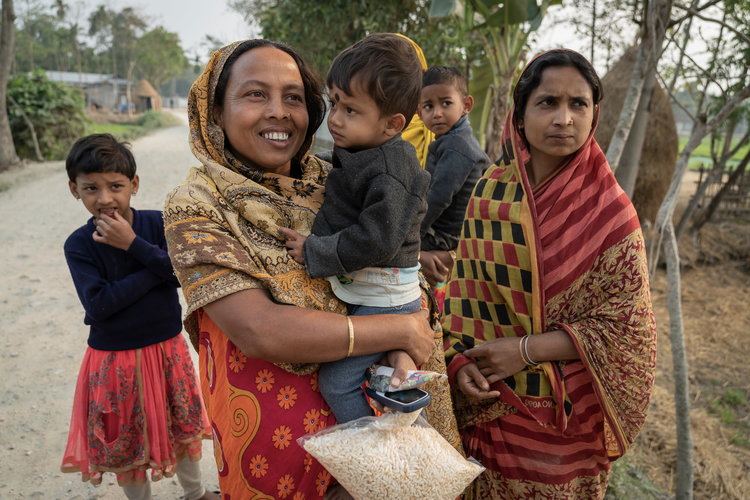
“From this rice seedling business we are doing, the money we are earning some of it we are keeping with us and some of it we put in the bank. We are feeling great to be doing this together, we work as a unit.”
— Mooni Bibi